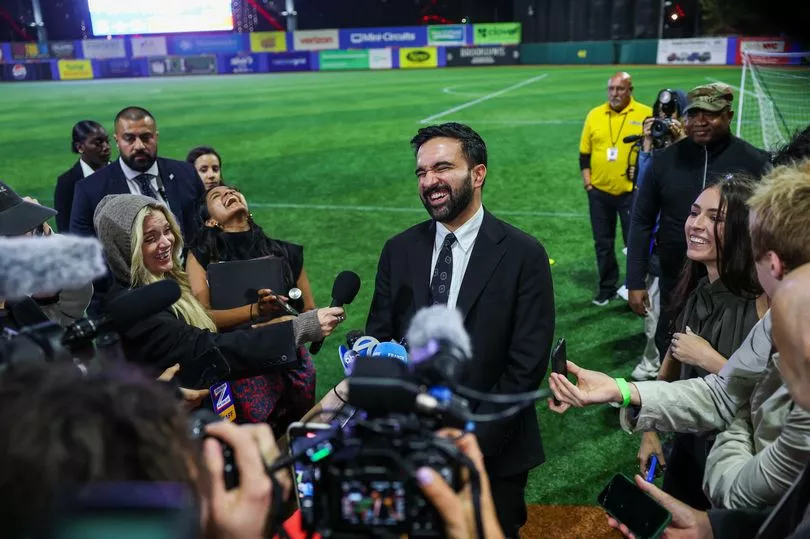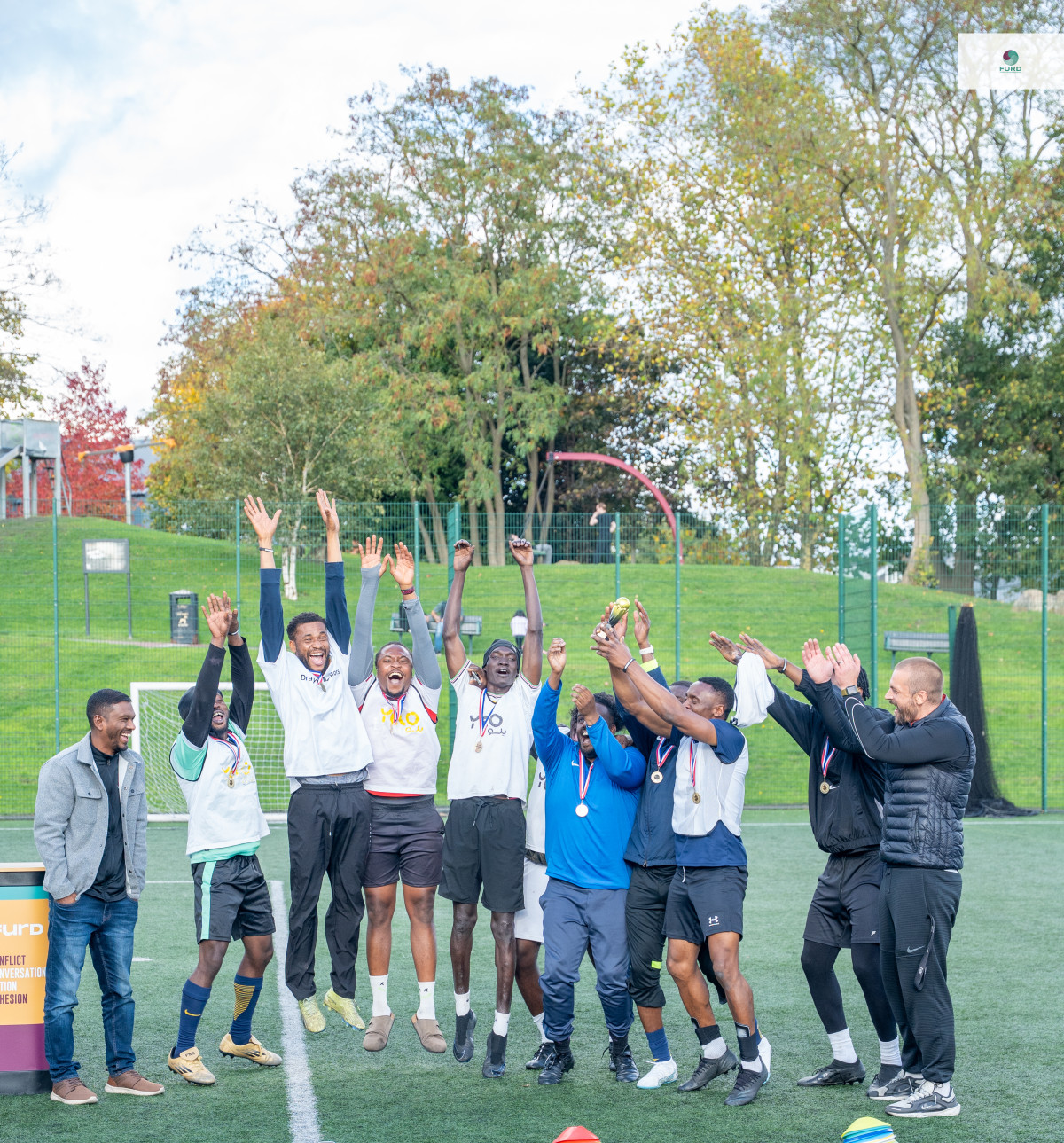Marcelo Carvalho, the founder of the Brazilian observatory on racism in football, speaks to Fare and looks at the role of football in racial democracy in Brazil.
“Football used to be the perfect example of Brazil’s racial democracy, but this idea has been torn down in 2014.
“This year, we have already registered 18 racist incidents in football and to help put an end to this theory a UN report recently described Brazil as a country in which racism is institutionalised,” said Carvalho.
Understanding Brazil better
One of the effects of the FIFA World Cup this summer was to shine a light on Brazil, the world knows far more about this continent-sized country than it has ever done.
We have a far more rounded perspective on the country and its people, it is no longer simply seen as the place of samba, favelas, beach parties and beautiful people.
Among the things that we now know is the fact that 51% of the population is black, that despite the images of success that black footballers convey, many of them are excluded from high- level public office and their life chances are less than the white population.
Life chances of black people
Recent figures from the statistical agency, Agência Estado, have shown that the likelihood of a black teenager being a victim of homicide is 3.7 times higher than a white teen. According to the same study, the life expectancy of a black Brazilian man is less than half that of a white man, which Marcelo Dias says is linked, in many cases, with drug trafficking and police violence.
On 20 November, Brazil celebrates its Black History Day (Dia da Consciência Negra). The day was first celebrated in 2011 to highlight the history and contributes of Black people in the country.
As Carvalho points out, “Black history, here in Brazil, is not just about the fight for equality but also a day to reflect upon the social and living conditions of black people in the country.”
Black History Day
Since its start football activities have been marking the day, but the founder of Observatório, considers that the Brazilian Football Association (CBF) and professional clubs haven not yet achieved reasonable levels of engagement.
"It would have been a great opportunity to see them [CBF] use the day to raise awareness of racism and promote social inclusion. Activities including the display of banners in stadiums or a minute of silence for all victims of racism could have been organised at matches.
"All activities that were organised throughout the day were not linked to each other and did not catch the attention of the majority of the population. These were mainly organised by governmental institutions or civil society organisations, without the support of clubs and federations".
‘Racism in football is still a daring issue to write about’
Throughout the month book launches, seminars and workshops at grassroots level celebrated the day and brought together different audiences to discuss racism through and in football.
A book on racism in football, gathering texts from different authors, was launched last week in Fortaleza, the state capital of Ceará, Northeast Brazil, to mark the day.
“These texts were written based on the belief that the topic of racism in football is a daring topic to write about as football” said Luís Carlos Garcia, a member of Brazil’s Black Movement organisation and Director of Fenadados’ Racial Equality organisation.
Despite the criticisms made by Marcelo Carvalho there were still some activities in football in celebration of black history.
Aranha of Santos FC
In São Paulo, the eight times winner of the Brazilian Championship Santos FC held a seminar for grassroots football players on discrimination. Among the panelists was the club goalkeeper Aranha, who has been subjected to racist abuse from fans.
Also the largest city in the country, the Museum of Football highlighted the day through a series of educational activities on 20 and 21 November. Musical and cultural initiatives, games and quizzes, were organised to reflect on the contributes of black players in Brazil and on the achievements of international legends as Eusébio and Nelson Mandela.
Brazilian Serié B club Ponte Preta, one of the oldest clubs in the country, also celebrated the day by remembering one of the club’s all time greats and first black Brazilian professional player, Miguel do Carmo, who played in 1904.
The project Chapa Coxa Maior of CF Coritiba produced a web banner featuring a former and a current black star of the club, Jairo do Nascimento and Luccas Claro, and reading “Coritiba belongs to all people and all colours”.
‘Football drives social mobility’
Celebrations on the day will come to an end this weekend, but for the future Carvalho says, “In Brazil football is the biggest driver of social mobility and ascendency for those who don’t have the same opportunities due to their skin colour.
“For that reason there should be more engagement and mobilisation of clubs and entities to promote social inclusion and peaceful coexistence between black and white people through football."
"The use media and sport is important to pass on a message against racism, because at the end of the day more than punishing perpetrators we need to educate people."
The Observatório
The Observatório da Discriminação Racial no Futebol is an anti-discrimination campaign, launched in the Summer of 2014, that monitors and reports discriminatory behaviour in Brazilian football through social media.
Last September, the campaign successfully organised a seminar on racism in football featuring the former Brazilian international Tinga, who was racially abused in a Copa Libertadores fixture in February, the Rio Grande do Sul federation, experts and ethnic minority groups.
The event also marked the launch of Observatório's first awareness-raising campaign 'Preconceito é uma escolha sua'.





